January marks a new chapter, a time for fresh starts, reflection, and celebration. Across the globe, many countries use this month to honor their history, unity, and cultural identity. From marking independence to celebrating spiritual milestones, January is filled with moments of national pride and global significance.
This guide provides a clear overview of the key national days, international observances, and cultural festivals happening in January 2026. Use it to connect with different cultures, whether you are planning a trip or simply wish to learn more about the world around you.
Independence & National Days
January is a significant month for several nations, commemorating their path to sovereignty and the adoption of their national identity. These celebrations are deeply rooted in history and reflect the unique character of each country.
Cuban Liberation Day (January 1)
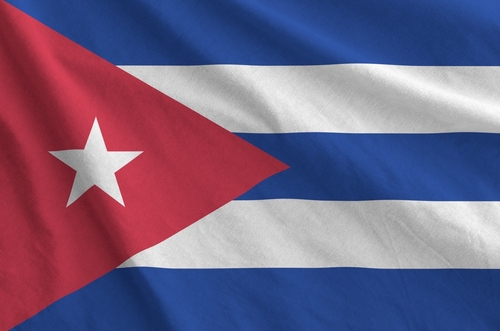
Cuban Liberation Day, also known as Día de la Liberación, marks the victory of the Cuban Revolution in 1959, led by Fidel Castro. Celebrations typically include official speeches, patriotic events, and tributes to revolutionary figures.
Haiti Independence Day (January 1)
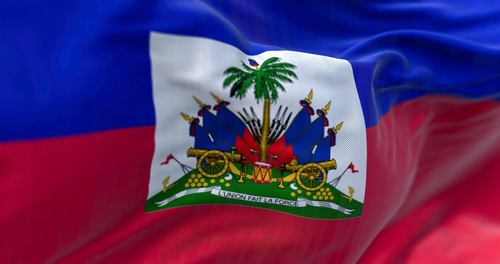
A profoundly important day, Haiti Independence Day commemorates Haiti’s independence from France in 1804. This event established Haiti as the world’s first independent Black republic following a successful slave revolution. A central tradition is the sharing of soup joumou (pumpkin soup), a dish once forbidden to enslaved people.
Sudan Independence Day (January 1)
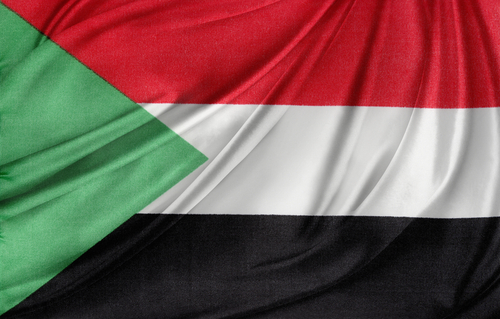
Sudan Independence Day celebrates independence from joint British-Egyptian rule, which was achieved in 1956. The day is observed with official flag-raising ceremonies and national addresses.
Myanmar Independence Day (January 4)
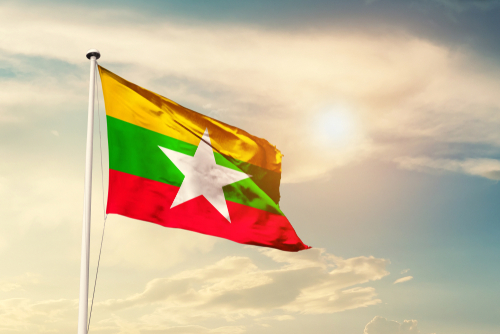
Myanmar Independence Day commemorates Myanmar’s freedom from British rule in 1948. It is marked by formal parades, cultural performances, and patriotic gatherings across the country.
Australia Day (January 26)
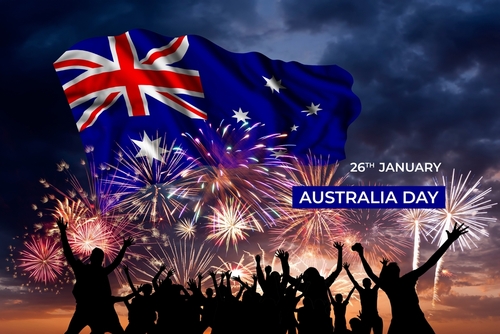
Australia Day marks the anniversary of the arrival of the First Fleet of British ships at Port Jackson in 1788. Official celebrations include parades, fireworks, and citizenship ceremonies. However, it is also a day of reflection and protest for many Indigenous Australians, who refer to it as “Invasion Day” or “Survival Day,” prompting ongoing discussions about the day’s meaning and date.
India Republic Day (January 26)
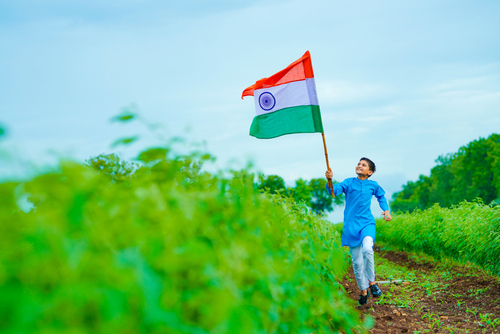
A day of immense national pride, India Republic Day honors the date on which the Constitution of India came into effect in 1950, completing the country’s transition to a sovereign republic. The main celebration is a grand military parade in New Delhi showcasing India’s military strength and cultural diversity.
International & UN Observances
January is also a month for global awareness, with several days designated by the United Nations to promote peace, human rights, and education.
World Braille Day (January 4)
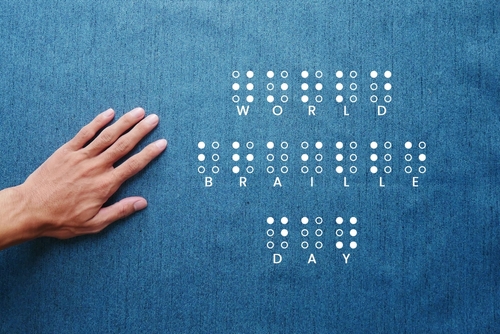
World Braille Day honors the birthday of Louis Braille, the inventor of the braille writing system. It highlights the importance of accessibility and independence for people who are blind or visually impaired.
International Day of Education (January 24)
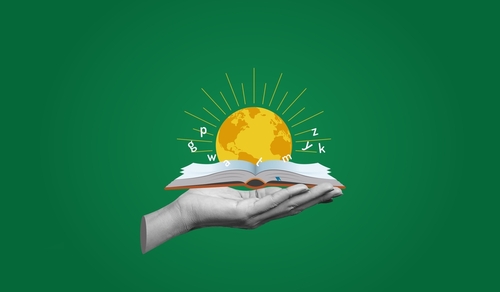
International Day of Education celebrates the vital role of education in fostering peace and sustainable development worldwide. It serves as a reminder that quality education is a fundamental human right.
World Day for African and Afrodescendant Culture (January 24)
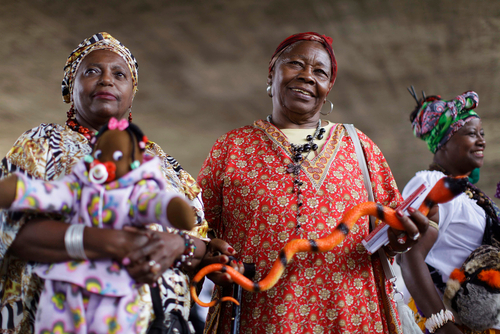
World Day for African and Afrodescendant Culture celebrates the rich and diverse cultures of the African continent and its diasporas. It promotes the cultural heritage of people of African descent as an essential part of humanity’s shared legacy.
Religious & Spiritual Observances
For many faith communities, January is a time of spiritual significance, marked by devotion, pilgrimage, and joyful celebration.
Epiphany (January 6)
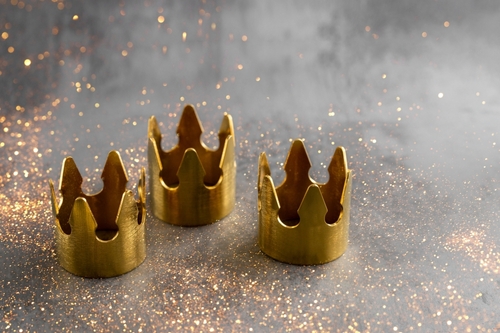
Celebrated by many Christians, Epiphany commemorates the visit of the Magi (the Three Wise Men) to the infant Jesus. In many parts of Europe and Latin America, it is a day of processions, festive meals, and gift-giving, often marking the end of the Christmas season.
Orthodox Christmas (January 7)
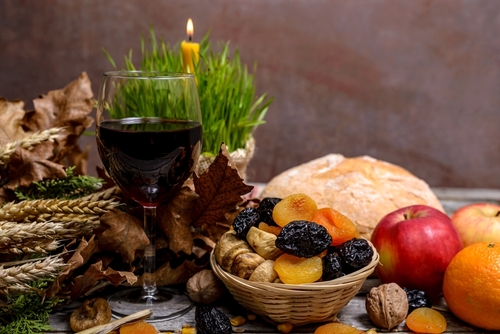
Following the Julian calendar, Eastern Orthodox Christians in countries like Russia, Ukraine, Ethiopia, and Serbia celebrate Orthodox Christmas on this day. Traditions include special church services, family feasts, and caroling.
Orthodox New Year (January 14)
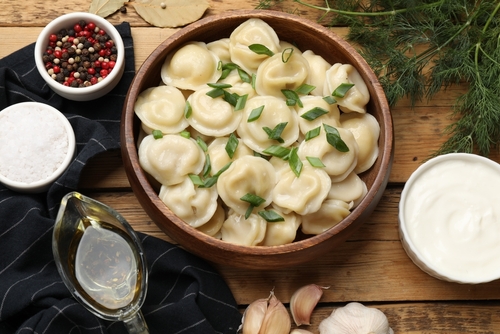
Orthodox New Year, also known as the “Old New Year,” this date marks the start of the new year according to the Julian calendar. It is celebrated with family gatherings and festive meals in several Orthodox Christian countries.
Thaipusam (January 30)
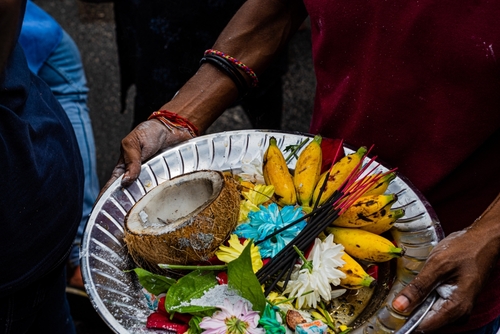
A powerful festival dedicated to the Hindu deity Lord Murugan, Thaipusam is a day of penance and thanksgiving. Devotees often perform acts of physical endurance, such as carrying ornate structures called kavadis. It is celebrated vibrantly in Malaysia, Singapore, India, and by Tamil communities worldwide.
Cultural & Heritage Celebrations
January also features festivals that celebrate unique cultural traditions, community bonds, and artistic legacies.
Gaan-Ngai Festival (January 1)
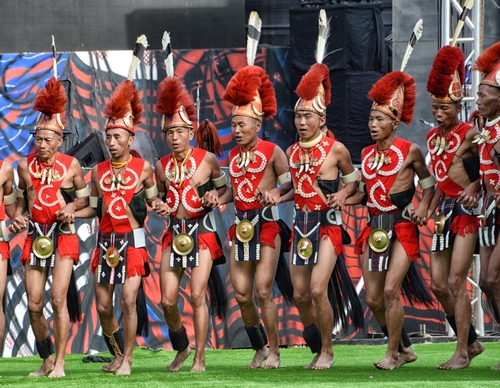
Celebrated by the Zeliangrong communities, Gaan-Ngai is a vibrant harvest and New Year festival. The dates can vary, but it is typically a multi-day event filled with traditional dances, religious rituals, and large community feasts.
Burns Night (January 25)

Burns Night celebrates the life and poetry of Scotland’s national poet, Robert Burns. Scots and fans of Burns worldwide gather for a traditional supper, which includes haggis, whisky toasts, and recitations of his famous poems.
Frequently Asked Questions (FAQ’s)
What is the difference between India’s Independence Day and Republic Day?
Independence Day (August 15) marks India’s freedom from British rule in 1947. Republic Day (January 26) celebrates the adoption of India’s Constitution in 1950, which established it as a sovereign republic.
Why is Australia Day considered controversial?
For many Indigenous Australians, January 26 marks the beginning of colonial oppression and the loss of their lands and culture. They view it as a day of mourning, often calling it “Invasion Day.” This has led to a national debate about changing the date to one that is more inclusive for all Australians.
How do Orthodox Christians celebrate Christmas differently?
Orthodox Christmas is celebrated on January 7 because many Orthodox churches use the Julian calendar for religious observances, which is 13 days behind the Gregorian calendar used by most of the world. The celebrations are deeply liturgical, often beginning with a Christmas Eve service and followed by festive family meals.
What is Up Helly Aa?
Up Helly Aa, held in the Shetland Islands of Scotland on the last Tuesday of January, is a famous fire festival that celebrates the region’s Viking heritage. The festival culminates in a torch-lit procession and the burning of a replica Viking longship. Visitors can attend, but planning is recommended as it is a very popular event.
Key Takeaways for January 2026
- Founding Moments: Nations like Haiti, Sudan, and India celebrate their sovereignty and constitutional foundations.
- Winter & Light: Festivals such as Orthodox Christmas and China’s Harbin Ice Festival bring light and joy to the winter season.
- Cultural Reflection: Events like Burns Night in Scotland and Tet preparations in Vietnam highlight the importance of cultural heritage and tradition.
- Global Awareness: UN observances remind us of the importance of education, inclusion, and remembering history to build a better future.

